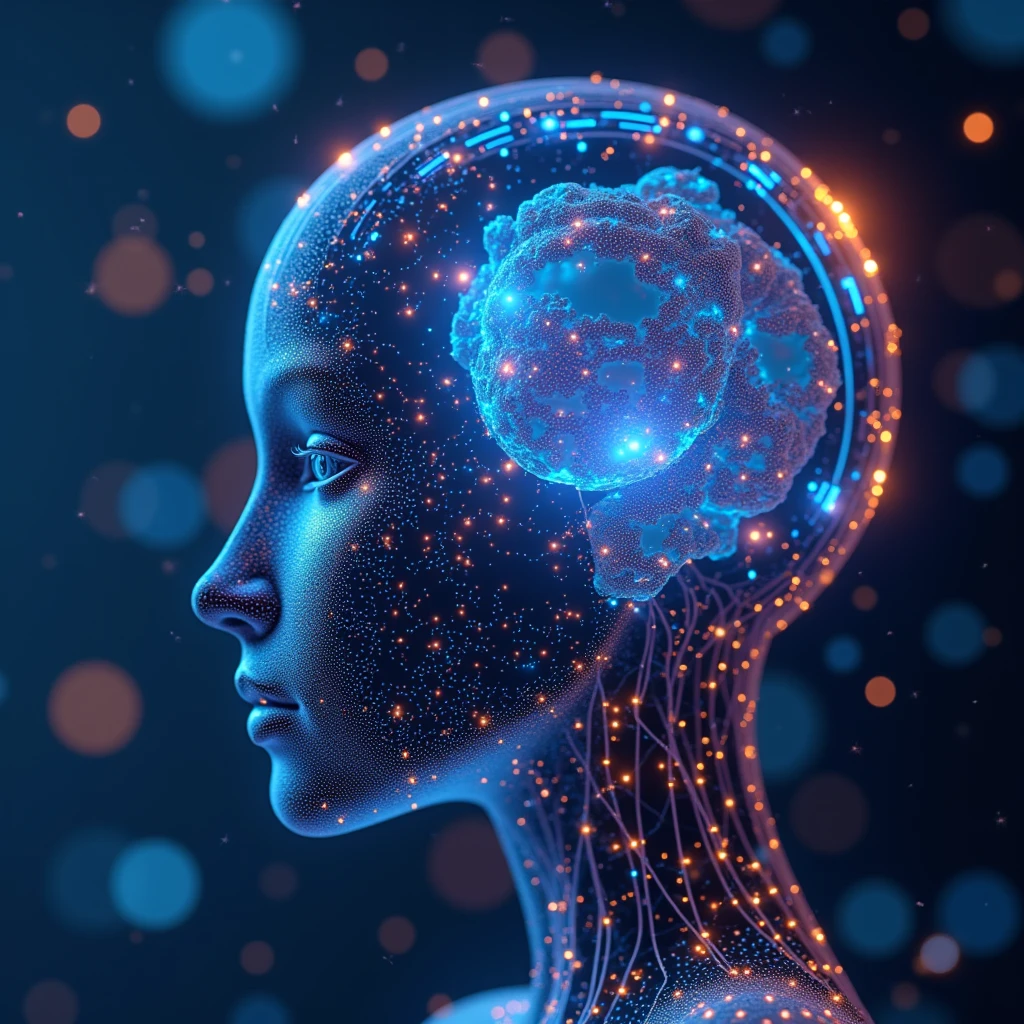AI agents, or artificial intelligence agents, are systems capable of executing tasks autonomously, marking a significant turning point in the history of artificial intelligence. This article will take you on a journey through time, exploring the evolution of AI agents from their humble beginnings to their most advanced and innovative applications.
The Origins: From the 1950s to the 1970s
The adventure of AI agents begins in the 1950s with the famous Turing Test by Alan Turing, which asked if a machine could think like a human. This concept laid the groundwork for the development of artificial intelligence. The Dartmouth Conference in 1956 officially gave birth to the field of AI, with the goal of creating systems that could replicate human intelligence. In the 1960s, the first chatbot, ELIZA, was developed by Joseph Weizenbaum, demonstrating the ability of machines to mimic human conversations through pattern matching.
The Rise of Rule-Based Systems (1970-1980)
In the 1970s and 1980s, AI agents evolved towards rule-based systems, such as expert systems. These programs used logic and rules to solve complex problems, like the medical diagnosis system MYCIN. The programming language PROLOG, introduced in 1972, was crucial for the development of these systems. In 1988, Richard Sutton and Andrew Barto developed temporal difference learning, a key method for reinforcement learning.
The Emergence of Intelligent Agents (1990)
In the 1990s, AI agents began to operate with some autonomy, processing information and making simple decisions. This period saw the emergence of the first virtual assistants, laying the groundwork for modern chatbots. The introduction of neural networks also paved the way for the future development of deep learning.
The Era of Machine Learning (2000)
In the new millennium, AI agents started leveraging machine learning models to enhance their decision-making capabilities. IBM Watson, launched in 2006, demonstrated the potential of AI by winning Jeopardy! against human competitors. This decade also saw significant progress in Natural Language Processing (NLP), making AI agents more conversational and useful in real-world applications.
The Deep Learning Revolution (2010)
The following decade was marked by the deep learning revolution, with AlexNet's victory in 2012, showcasing the power of deep neural networks in image recognition. OpenAI GPT-3, launched in 2020, further improved the conversational abilities of AI agents. This period also saw the expansion of AI agents into the physical world, with the introduction of autonomous vehicles and robotics.
The Era of Agentic AI (2020)
In the 2020s, we entered the era of agentic AI, characterized by greater independence, long-term planning, and collaboration capabilities. These systems can adapt to evolving conditions and operate for extended periods without human supervision. Technologies like Devin AI are already writing and debugging code autonomously. Additionally, the integration of AI generative models is making AI agents proactive rather than reactive.
Current Applications of AI Agents
Today, AI agents are used in various sectors:
- E-commerce: AI agents enhance the shopping experience, manage orders, and provide personalized recommendations.
- Customer Support: AI agents handle complex technical support and respond to customer inquiries more efficiently.
- Autonomous Vehicles: AI agents are crucial for autonomous driving, combining different types of agents for real-time decisions.
- Healthcare: AI agents assist in medical diagnosis and analyze medical images.
AI agents have come a long way, from their humble beginnings as rule-based systems to their current advanced and autonomous applications. Their ability to adapt and learn makes them essential tools for the future of technological innovation.
Consultable Sources
- The Evolution of AI Agents: From Simple Programs to Agentic AI
- A Primer on the Evolution and Impact of AI Agents
- AI Agent History Timeline
- Accenture Expands AI Refinery andLaunches New Industry Agent Solutions
- 10 Real-World AI Agent Examples in 2025
- What Are AI Agents?
- Conclusions from the French-German AI Industry Executives’ Dialogue








Leave a Comment